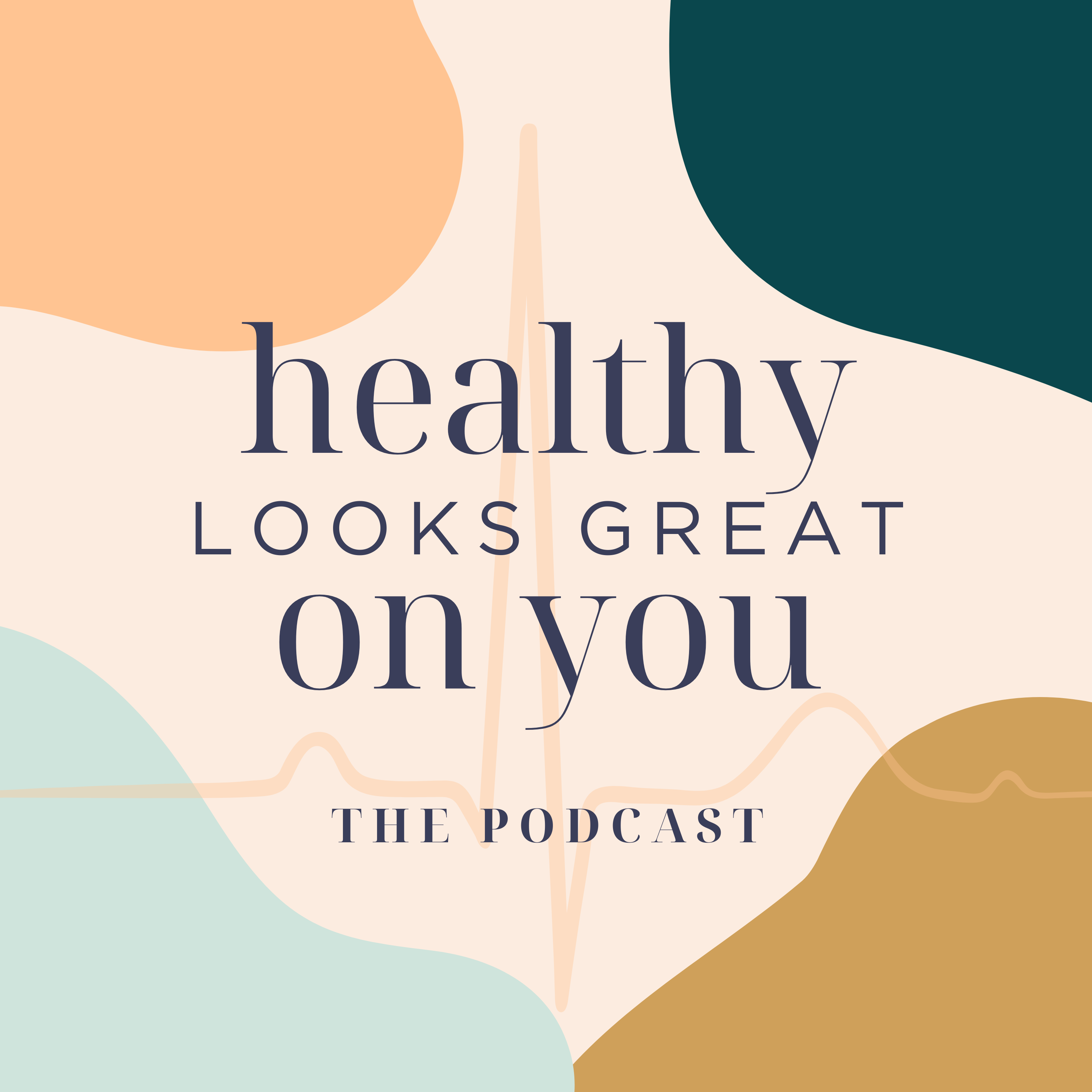From Loneliness to Belonging
Follow on Social Media
Do you wish you could live a healthier lifestyle, but don't know where to start?
Sign up for a free 7 day minicourse with downloadable workbook to help you get started. You’ll identify what changes you want to make and how to implement lasting changes.
Hosted by:
Vickie Petz Kasper, M.D.
American Board of Lifestyle Medicine Diplomate
Learn more about Dr. Vickie
About This Episode
Do you ever feel like you have no one in your life? Even if you spent the holidays with family or friends, maybe you’ve decided that you’re okay with isolation. Today we’re going to discover why it’s not okay to be alone and some practical ways to connect with others to improve your physical health and overall quality of life.
Episode 147 from loneliness to belonging with Dr. Vickie Petz Kasper.
It’s easy to believe you’re the only one, and think that others are leading perfect social lives, while you’re sitting at home, feeling isolated. Loneliness is considered an epidemic, and it affects people of all ages and all backgrounds, But when you’re isolated, it’s hard to know that what you’re feeling is common.
So even if you feel alone in your feelings, remember, you’re not. Let’s take the argument that you’re the only one feeling this way off the table and talk about loneliness and how common it is. It is a human emotion that does not define your worth. People often internalize their loneliness as a personal failure or flaw, but it’s not.
There’s a loneliness cycle. I’m okay by myself, followed by isolation, which then fosters a fear of being misunderstood or dismissed, and then that prevents you from opening up about loneliness. Isolation can actually feel comfortable and safe. There are lies we believe, like no one cares or I’m fine on my own and I don’t need anyone.
Even God said it’s not good for man to be alone. We are created to be in community with others and prolonged loneliness can have significant consequences on your health. So I’m going to give you some practical tips on connecting with others. And listen, it’s never too late. Certain ages and stages are harder than others, but meaningful relationships are possible.
After I got really sick, and then I got divorced, and then there was a pandemic, I felt lonely. And I didn’t want to admit it. It seemed like a weak word to tell people, I’m lonely. But I was. But you know what? When you admit it, Sharing your feelings can lead to unexpected support and understanding.
C. S. Lewis said, “Friendship is born at that moment when one person says to another, What? You too? I thought I was the only one.” And that’s what loneliness can do to you. Now, before I give you a prescription for connection, let’s go to Mini Medical School for a quick overview. And if you have not heard my previous episode on loneliness, I would recommend it and I’ll put a link in the show notes. And also, if this episode is a little heavy, listen to last week’s. It was funny.
Chronic loneliness is linked to increased inflammation in the body, and that can damage your blood vessels and lead to cardiovascular diseases and increase the risk of high blood pressure, heart attack, stroke, and even dementia. Loneliness also increases cortisol levels, and it also damages blood vessels and weakens the immune system.
And all of this can impair cognitive function. The amygdala gets sensitized and communicates with the prefrontal cortex. This is where we make decisions about our social behavior and It shows reduced activity when we’re lonely and that is why it can impair cognitive function and decision making. And the nucleus accumbens, which is the brain’s reward center, becomes less responsive, making activities that once brought you joy feel less rewarding.
The impact on your physical health is significant as well. Social isolation and loneliness are linked to a higher risk of developing type 2 diabetes. The lack of social engagement can lead to unhealthy lifestyles, such as sitting in front of the TV, not being active, and eating junk. Loneliness can elevate your blood pressure, causing hypertension, and the stress response triggered by loneliness can lead to long term heart issues. Chronic loneliness can weaken the immune system, making you more susceptibl
Healthy Looks Great on You website
RESOURCES
Related Episodes
The Real Reason You Crave Sugar
The Real Reason You Crave SugarJoin our private community and let's do this together.Hosted by: Vickie Petz Kasper, M.D. American Board of Lifestyle Medicine Diplomate Learn more about Dr. VickieDownload your free cheat sheet to start sleeping smarter tonight.The Real...
The Best Kept Secret to Keep Your Brain Sharp
Discover the #1 overlooked way to keep your brain sharp. Learn lifestyle and cognitive strategies to protect memory and prevent cognitive decline with Dr. Vickie.
Do You Need a Parasite Cleanse?
Do parasite cleanses really work? A lifestyle medicine physician explains parasites, bloating, fatigue, ivermectin, and why most people don’t need a parasite cleanse.




Comments (0)
To leave or reply to comments, please download free Podbean or